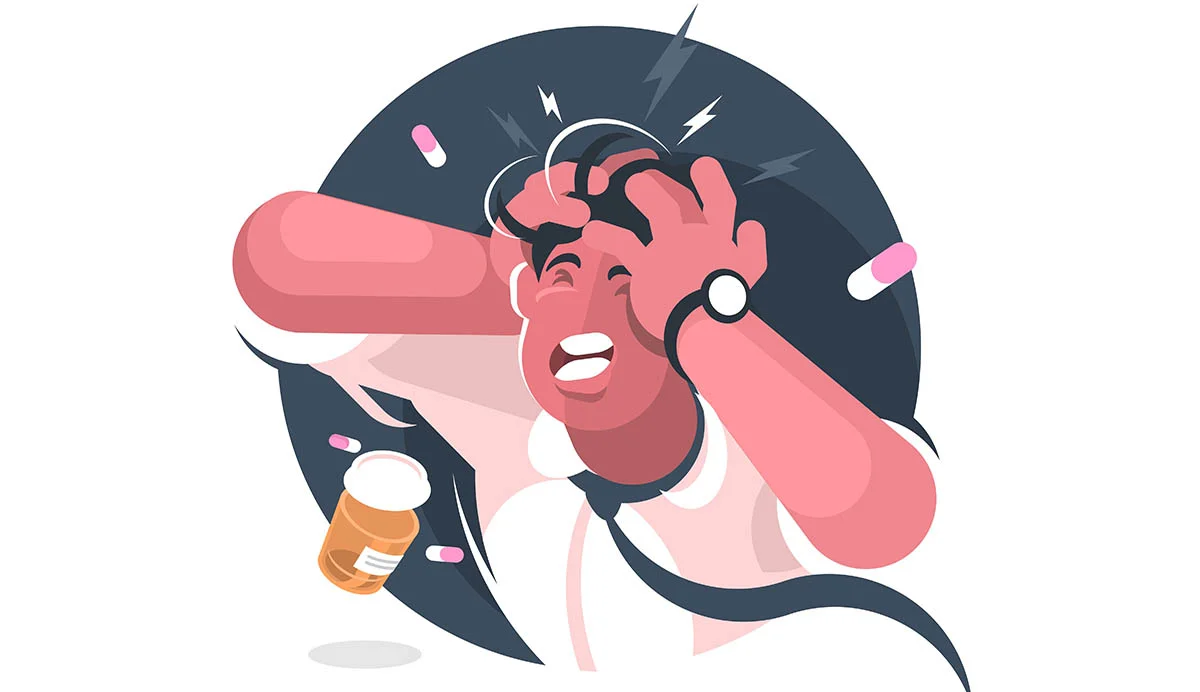How to Manage Migraine

How to Manage Migraine
What is Migraine
Migraines are a common neurological condition that affects millions of people worldwide. A migraine is typically characterized by a severe headache, but it can also involve other symptoms such as nausea, sensitivity to light and sound, and visual disturbances. Migraines can be debilitating and can significantly impact a person's quality of life. In this blog, we'll explore the causes, symptoms, and treatment options for migraines.
Causes of Migraines :
The exact causes of migraines are not fully understood. However, it's believed that genetics, environmental factors, and changes in brain chemistry may all play a role. Certain triggers can also increase the likelihood of a migraine, including stress, hormonal changes, certain foods and drinks, and changes in sleep patterns.
Symptoms of Migraines :
The most common symptom of a migraine is a severe headache that usually occurs on one side of the head. Other symptoms that may occur during a migraine include nausea, vomiting, sensitivity to light and sound, and visual disturbances such as flashing lights or blind spots. Some people may also experience numbness or tingling in the face or limbs.
Diagnosis of Migraines:
To diagnose a migraine, a doctor will typically take a medical history and perform a physical exam. They may also order imaging tests such as a CT scan or MRI to rule out other potential causes of the symptoms.
Treatment Options for Migraines:
There are several different treatment options available for migraines, depending on the severity and frequency of the headaches. Some common treatments include:
- Over-the-counter pain relievers such as ibuprofen or acetaminophen
- Prescription medications such as triptans, which can help to relieve the pain and other symptoms of a migraine
- Lifestyle changes such as getting enough sleep, managing stress, and avoiding triggers such as certain foods and drinks
- Biofeedback, which uses electronic sensors to help a person learn to control certain bodily functions and potentially reduce the frequency of migraines
- Botox injections, which can help to prevent migraines in some people
Prevention of Migraines :
In addition to treatment options, there are also several strategies that can help to prevent migraines. These include avoiding triggers such as certain foods and drinks, getting regular exercise, maintaining a healthy weight, and getting enough sleep. It may also be helpful to practice relaxation techniques such as meditation or yoga to reduce stress levels.
Migraines can be a challenging condition to manage, but with the right treatment and prevention strategies, it is possible to reduce the frequency and severity of headaches. If you're experiencing migraines, it's important to talk to your doctor to determine the best course of treatment for you. With the right approach, you can get back to enjoying your daily activities without the debilitating effects of migraines.